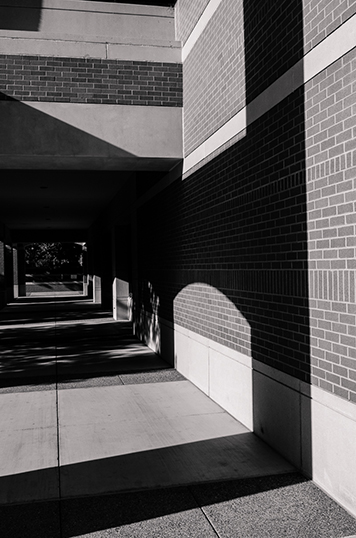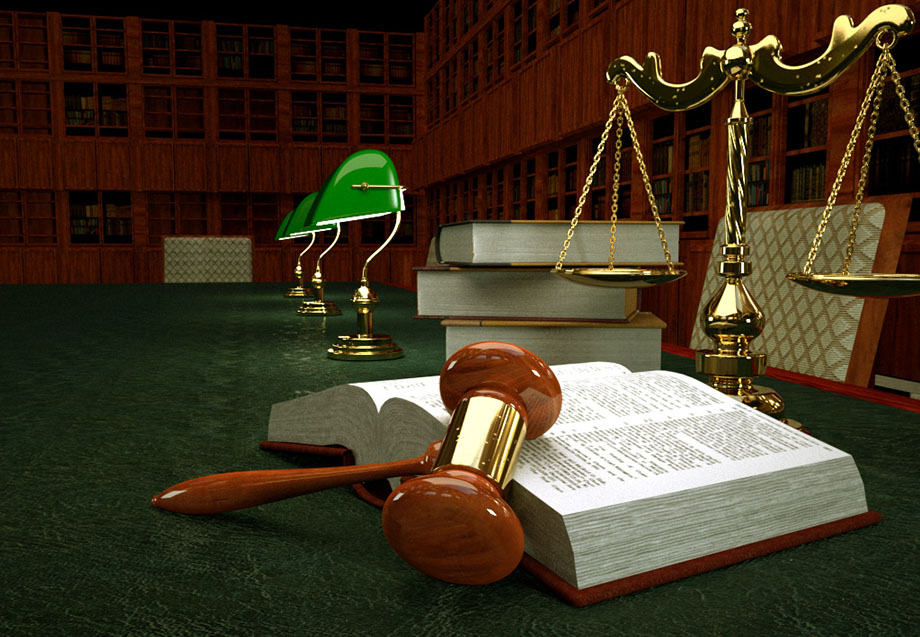Show Navigation Menu
Section Two : Becoming a Researcher/Scholar
Introduction | Definitions of Critical Thinking | Critical Thinking in Practice |
Metacognition | Comparative Analysis and Comparative Research | Conclusion | References
Chapter 6: Critical Thinking: The Means to Inquire
Hide Navigation Menu
Home Page
Section 2 Becoming a Researcher/Scholar / Chapter 6 Critical Thinking: The Means to Inquire
2. Definitions of Critical Thinking
Why is the conversation about critical thinking so prevalent in academe and, in particular, scholarly writing and research? A principal role of academic efforts is to produce new knowledge adherent to standards of academic rigor.
To better understand the linkages between knowledge production and standards of academic rigor, it is helpful to understand the ways critical thinking is framed in the context of scholarly activities. A few definitions of critical thinking include
• “ … the ability to analyze facts, generate and organize ideas, defend opinions, make comparisons, draw inferences, evaluate arguments and solve problems” (Chance, 1986, p. 6).
• “ … the conscious and deliberate process that is used to interpret or evaluate information and experiences with a set of reflective attitudes and abilities that guide thoughtful beliefs and actions” (Mertes, 1991, p. 24).
• “ … the active, systematic process of understanding and evaluating arguments. An argument provides an assertion about the properties of some object or the relationship between two or more objects and evidence to support or refute the assertion. Critical thinkers acknowledge that there is no single correct way to understand and evaluate arguments and that all attempts are not necessarily successful” (Mayer & Goodchild, 1990, p. 4).
• “ … the mental processes of discernment, analysis, and evaluation (Ibrahim & Samsa, 2009) applied to information in order to achieve a logical final understanding and/or judgment” (Saade et al., 2012).
• “ … the ability and willingness to assess claims and make objective judgments on the basis of well-supported reason” (Wade & Tavris, 1987, p. 308-309).
While there is not widespread agreement on a single definition of critical thinking, taken as a whole, these definitions provide a means for scholars and critical thinkers to be judicious “in the ways we seek to support our modes of thinking—about any subject, content, or problem—in which [scholars] improve the quality of [their] thinking by skillfully taking charge of the structures inherent in thinking and imposing intellectual standards upon them” (Paul, 2007, as cited in Saade et al., 2012).
Comparative Analysis
A component of knowledge output involves analyzing and comparing information sources to provide direction and clarity within a particular line of inquiry. Essentially, comparative analysis is the ability to differentiate and describe key elements or characteristics within two subjects in a way that is both accessible and rigorous. Take, for example, a comparative analysis of an automobile made in 1964 and an automobile made in 2014. Fundamentally, both serve the same purpose and have similar form—four wheels, a windshield and at least two doors; however, these represent only cursory examinations of similarity or difference.

A principal role of academic efforts is to produce new knowledge adherent to standards of academic rigor.


Research is less about determining truth or confirming assumptions as it is about confirming the existence of other truths or possibilities.
What might a scholar look into examining further that might change the function or performance more directly of either automobile? Science and technology have provided advancements in several different ways. The example of a hybrid electric and gasoline-powered engine versus a purely internal combustion engine can show how technology has changed the performance and output of automobiles across generations. But what is the science or engineering behind these enhancements or developments? How might engineering change the overall complexion of an automobile from the way it is designed to the materials from which it is constructed? The analysis now has moved past a cursory evaluation of size, shape, or similar body parts, to an analysis of technological differences between the fundamental components of locomotion.
Revisiting the definition of critical analysis above, expanding the definition to include the terms cursory, depth, clarity, and informed, making the definition now read: Comparative analysis is a process of differentiating between cursory characteristics and key elements to present an informed discussion with depth and clarity in a way that is both accessible and informed.
In the example of the automobile comparison, the analysis moved from a general description of shape and form to an examination of the component parts of each, informing a discussion of performance, engineering, and output. The analysis moved from a discussion based on observation to a discussion based on examination of the component parts.
Why Scholars Should Engage in Critical Thinking
Doctoral learners come to this academic space from different backgrounds and experiences, so it stands to reason they all likely will progress toward the end goal—completion of the doctoral degree—in different ways, based on their familiarity and dexterity with various doctoral dispositions.
Because doctoral learners all come to critical-thinking spaces with different identities, experiences and frameworks for interpreting information, their ability to develop informed commentary and discourses will reflect the diversity of their knowledge bases (where, when, and how knowledge is acquired). Herein lies a particular value of critical thinking as an individual and social practice: Differences in thinking frameworks offer scholars the opportunity to shape discussions from different perspectives, while in turn providing a depth and diversity to their understanding of objects and subjects.
Academic research and writing is less about finding concrete answers as it is about forming well-supported questions while justifying assertions with evidence versus opinion, which, when examined in the research process, produces more questions. Research is less about determining truth or confirming assumptions as it is about confirming the existence of other truths or possibilities. Part of developing research questions attempts to identify gaps in research by observing settings or groups of people and wondering, by some measure, why something is the way it is. While assumptions form the basis for asking questions, research ideally seeks outcomes other than those scholars think they are going to find. This is what is meant by advancing knowledge or advancing the discourse; the search is not for a single answer as much as it is for additional questions.
Critical thinking is as much a behavior as it is a practice (Saade et al., 2012). Said another way, it is about focusing as much on producing questions as producing answers. Critical thinking, as a component of everyday learned and practiced behaviors, can affect the ways in which new and old information is processed over time. New information, for instance, is filtered through individual identities, learning frameworks, and experiences. Consider the saying, "Time heals all wounds." Does time, in fact, heal all wounds, or does our perception of events change with age? How might experiences, accumulated over time, change the way prior sources of information or outcomes are evaluated? Critical thinking includes ways to approach new information, discourses, research, and writing, among others, with an interest in, and pursuit of, understanding subject matter by examining its constituent parts in detail.
In the context of doctoral pursuits, critical thinking allows scholars to examine various perspectives, research methods, outcomes, and academic orientations to provide a more informed perspective (Beyer, 1995). The words informed perspectives were used because critical thinking also seeks to produce more questions than answers. Additionally, critical thinking offers scholars the space to ask appropriate questions and draw upon a variety of resources to inform their understanding of these questions. Over the course of time, the number of questions and, more specifically, the knowledge base associated with research and writing grows. Therefore, the process of seeking out and understanding the origin of questions and the research associated with these questions longitudinally becomes central to developing new lines of inquiry.
Along the way, scholars also may be asked to consider alternative interpretations of information or perspectives that in some instances run counter to their own identities or understanding of knowledge. Engaging in critical thinking also may require scholars to accept new explanations, because these explanations, in some instances, can provide a simple or better basis for understanding inconsistencies across data sets. Doctoral learners may need to consider their own belief systems and frameworks, as well as frameworks, identities, and knowledge that stand counter to their understanding of fact or truth.